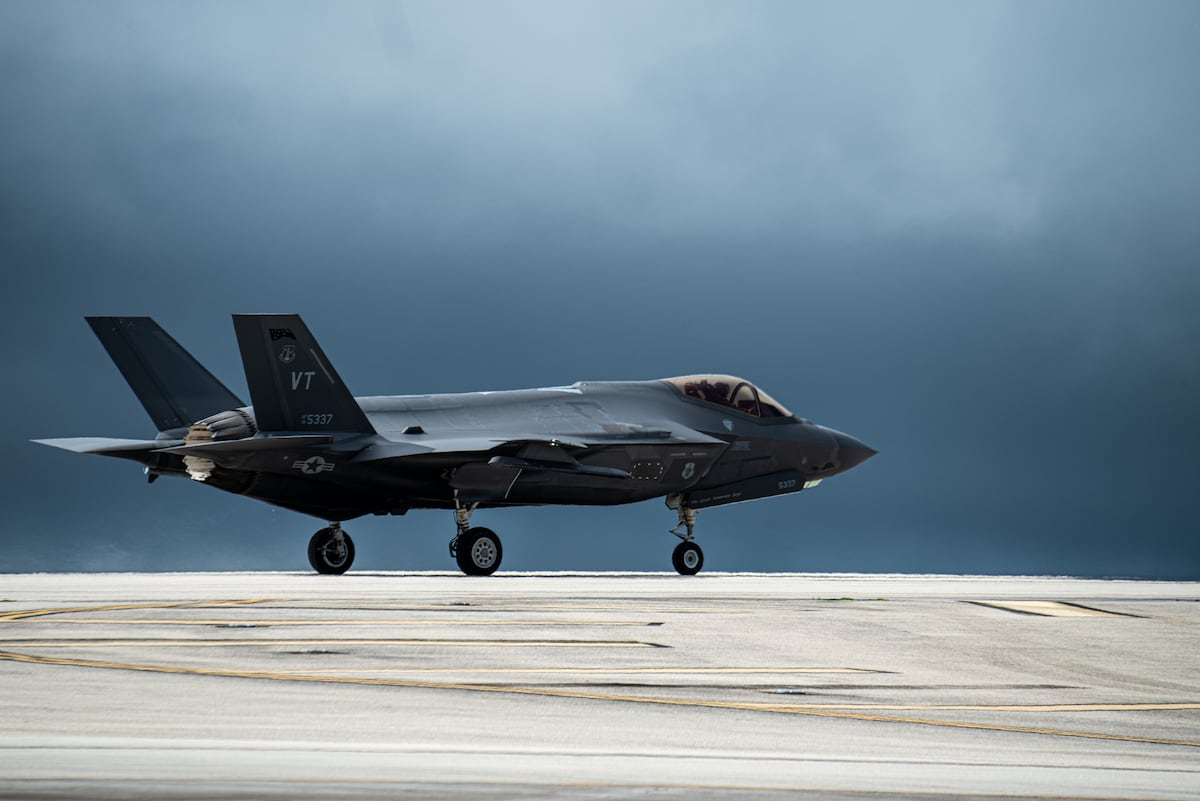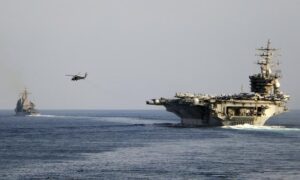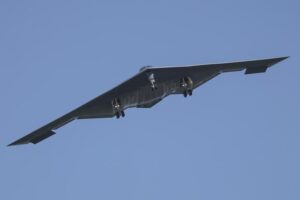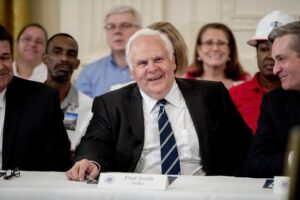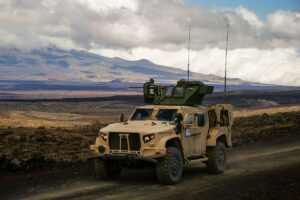UK Expands Nuclear Capabilities with New F-35A Fighter Jet Purchase
The United Kingdom is set to enhance its nuclear deterrence strategy through the acquisition of 12 F-35A fighter jets. This move, announced by Prime Minister Keir Starmer, signifies a pivotal development in the nation’s defense capabilities.
In a statement made prior to the NATO summit in The Hague, the UK government described this decision as “the biggest strengthening of the UK’s nuclear posture in a generation.” The new aircraft will enable the Royal Air Force to participate in NATO’s nuclear mission by integrating dual-capable airframes capable of deploying both conventional and nuclear weapons. Currently, seven other NATO countries, including the United States and Germany, utilize similar platforms.
The NATO nuclear mission requires European allies to deliver American B-61 nuclear bombs if a nuclear conflict arises. Although European aircraft and pilots are involved, control and release of these weapons remain under U.S. command.
Currently, the UK operates a fleet of F-35B aircraft, which are designed for short takeoff and vertical landing (STOVL). The F-35A variant offers greater weapon capacity and range compared to its STOVL counterpart. This procurement is part of a broader plan to purchase a total of 138 F-35s.
Since 1998, the UK’s nuclear deterrence has relied on missiles aboard the Royal Navy’s Vanguard-class submarines. The UK is now revamping its nuclear strategy, investing in new warheads, replacing its submarine fleet, and rebuilding nuclear fuel self-sufficiency, with anticipated costs reaching tens of billions of pounds.
American nuclear bombs have not been stationed in the UK since 2008, but this recent announcement suggests their possible return. Observers have noted preparations for American nuclear bomb redeployment, including infrastructure upgrades at potential storage sites like RAF Lakenheath.
The newly acquired F-35As will be stationed at RAF Marham. Prime Minister Starmer emphasized the necessity of these measures due to “an era of radical uncertainty [in which] we can no longer take peace for granted.” NATO Secretary General Mark Rutte praised the UK’s decision, calling it a “robust British contribution to NATO.”
During the NATO summit, alliance leaders are anticipated to agree on a significant increase in defense spending, potentially reaching up to 5% of GDP.

